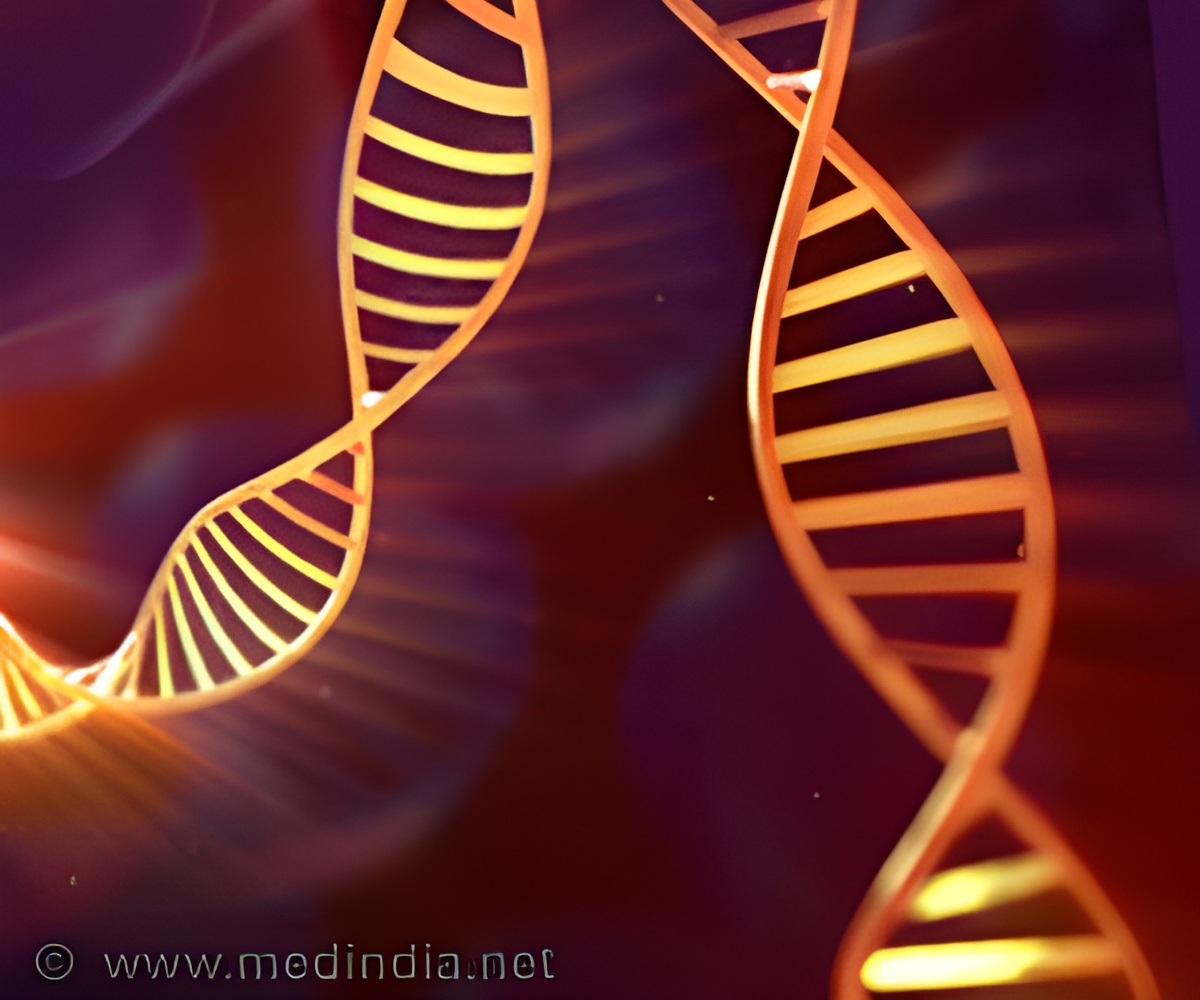
The work of Wagner's group in the article in Cell Metabolism does not discuss the advantages or disadvantages of each type of fat, it rather highlights that a process that could be strengthened to fight obesity must be fought against in cancer patients.
As for cachexia, it is a less-studied phenomenon despite that doctors have known for a long time that the treatment is difficult and the prognosis negative. Next to patients with cancer, it also affects patients in advanced phases of many illnesses, including infectious diseases, such as AIDS or tuberculosis, and chronic illnesses, such as multiple sclerosis.
It Is Not 'Self-Cannibalism'
CAC has until recently been interpreted as a kind of self-cannibalism: the body 'consumes' itself while trying to supply the energy needs of the constantly growing tumour. Today we know that tumours of any size can cause cachexia, including very small ones, and even at very early stages of tumour development, which does not fit with the idea of self-cannibalism. Researchers have observed that the process does not respond either to the body's greater need to generate heat.
These new data, and the often ignored fact that it is the cachexia associated with the tumour—and not the tumour itself—that causes the death of one third of cancer patients, has encouraged the study of this syndrome in recent years. It is now known that this process is tightly associated with inflammation, a hallmark of many cancer types.
Advertisement
A Way To Prevent Cachexia
Advertisement
The current study in Cell Metabolism could open up a new way of discovering processes, eg the transformation of fat in the initial stages of cachexia. "It allows one to think of the possibility to identify biomarkers that would help to predict which patients are going to develop cachexia in a way we can treat them preventively", says Petruzzelli.
Source-Eurekalert













